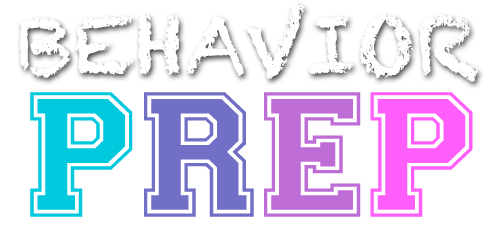E.9 Engage in cultural humility in service delivery and professional relationships.
Engaging in cultural humility means recognizing and respecting the cultural backgrounds, values, and experiences of clients, families, and colleagues. It involves an ongoing process of self-reflection, being open to learning from others, and adapting services to meet individuals’ unique cultural needs. Cultural humility emphasizes the importance of working collaboratively without assuming superiority over another’s cultural perspective.
Example: A BCBA is working with a family from a different cultural background and notices that their typical behavior interventions must be fully aligned with the family’s cultural practices. Rather than assuming their usual approach is universally effective, the BCBA takes the time to ask the family about their cultural values and parenting practices. The BCBA listens actively and adjusts the intervention plan to better respect the family’s traditions while addressing the child’s behavior goals. This openness and adaptability help build trust and provide culturally responsive services.
